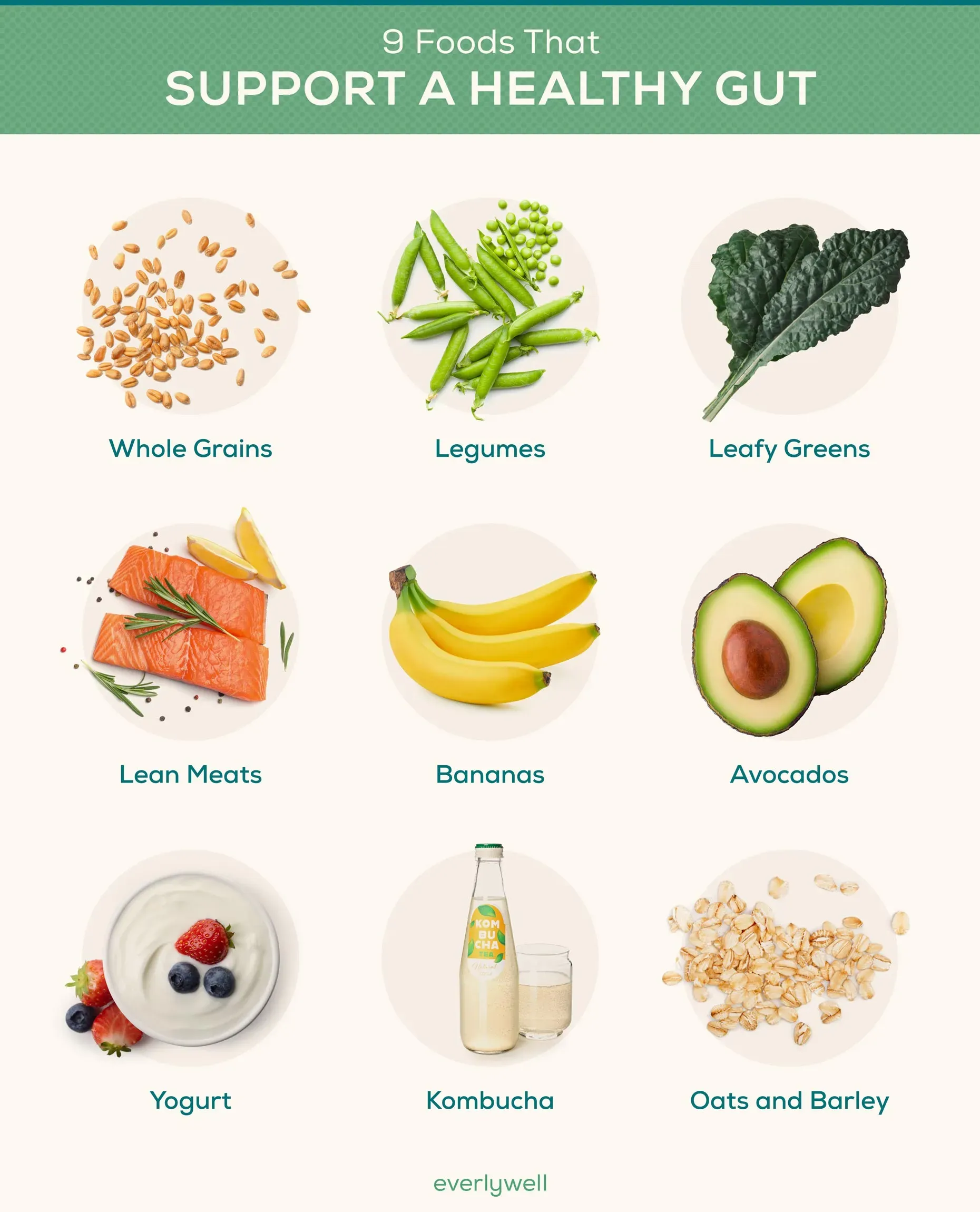Gut health is a cornerstone of overall wellness, shaping digestion, nutrient absorption, and daily mood. When the gut functions well, digestion flows smoothly, energy rises, and resilience to stress improves. This guide to digestive wellness explains practical steps to nurture a microbiome balance and a thriving gut ecosystem. Choosing fiber-rich foods and probiotics supports digestion, promotes regularity, and helps reduce inflammation. By prioritizing intestinal wellness, you also support immune health, long-term vitality, and everyday well-being.
Beyond the core idea of gut function, consider intestinal wellbeing and digestive system balance as the foundation of resilience. The intestinal microbiome—often described as gut flora—supports nutrient extraction, barrier function, and immune function. Maintaining microbiome diversity through fiber-rich foods, fermented foods, and mindful antibiotic use helps sustain gastrointestinal harmony and lower inflammation. In practical terms, nurturing the enteric ecosystem means choosing a variety of plant-based foods, staying hydrated, managing stress, and prioritizing sleep.
Gut Health and Digestive Wellness: How Fiber-Rich Foods and Probiotics Support Microbiome Balance
Gut health acts as the quiet engine behind digestion, energy, and even mood. When the digestive system works smoothly, nutrient absorption is optimized, inflammation remains in check, and the gut–brain axis communicates resilience to stress. This is the core of digestive wellness, a foundation that hinges on a thriving microbiome balance and a plate that feeds it wisely.
To nurture this balance, prioritize fiber-rich foods and probiotics as part of a daily routine. Soluble and insoluble fibers from vegetables, fruits, legumes, and whole grains feed beneficial bacteria, supporting the production of short-chain fatty acids that nourish gut cells and strengthen immune health. Fermented foods and probiotic-rich options like yogurt, kefir, sauerkraut, and kimchi contribute live microbes that reinforce microbiome balance and overall digestive wellness.
Probiotics, Prebiotics, and a Fiber-Rich Diet for Gut Health and Immune Health
A well-supported gut health story often begins with probiotics and prebiotics working in tandem. Probiotics introduce helpful strains that bolster the mucosal barrier and modulate inflammatory responses, while prebiotics provide the nourishment those beneficial microbes crave. Together, they nurture a balanced microbiome that supports digestive wellness and fortifies immune health.
A practical plan centers on consistent, fiber-rich meals paired with probiotic- and prebiotic-containing foods. Aim for a daily mix of plant-based options, whole grains, and fermented foods, along with adequate hydration. This approach promotes microbiome balance, improves digestion, and sustains immune health, turning a routine meal plan into a pathway toward a healthier gut and body.
Frequently Asked Questions
What is gut health and how does it relate to digestive wellness and immune health?
Gut health refers to the overall performance of your digestive system, including digestion, nutrient absorption, and the gut microbiota. When the gut functions well, you experience better digestive wellness, microbiome balance, and immune health. You can support it with a diet rich in fiber-rich foods, regular intake of probiotics, adequate hydration, quality sleep, and stress management.
How can I support microbiome balance and gut health with fiber-rich foods and probiotics?
To support microbiome balance and gut health, prioritize fiber-rich foods—vegetables, fruits, legumes, and whole grains—that feed beneficial bacteria and enhance digestive wellness. Add probiotic-rich foods such as yogurt, kefir, sauerkraut, or kimchi (and consider a probiotic supplement if appropriate). Also hydrate well, maintain regular physical activity, and get enough sleep to reduce stress, supporting immune health and overall gut function.
| Topic | Key Points |
|---|---|
| Introduction | – Gut health matters as a core of well-being; it’s a complex ecosystem with the gut microbiota and a gut-brain axis that influence digestion, energy, immunity, mood, and stress response. – A healthy gut supports resilience and vitality beyond simple comfort. |
| What is gut health? | – Overall health of the digestive system and microbiome. – A healthy gut digests food efficiently, absorbs nutrients, and supports a balanced microbiome. – A diverse, balanced microbiome strengthens gut barrier and reduces inflammation. |
| Gut health and the immune system | – Gut-associated lymphoid tissue (GALT) educates and modulates immune responses. – Robust gut health supports appropriate immune reactions and long-term well-being; imbalance can drive chronic inflammation. |
| The microbiome’s role in digestion and health | – Microbiome breaks down complex foods, synthesizes vitamins, and produces metabolites like short-chain fatty acids. – Balance is affected by diet, medications, sleep, stress, and environment; imbalance can cause bloating, irregular bowel movements, or energy dips. |
| Dietary foundations for gut health | – Fiber-rich foods fuel the microbiome, support bowel regularity, and reduce inflammation. – Probiotics and prebiotics support beneficial microbes. – Fermented foods, hydration, and dietary variety promote a resilient gut ecosystem. |
| Lifestyle factors that support gut health | – Sleep and consistent circadian rhythm support gut motility and microbiome balance. – Stress management and regular physical activity promote gut health. – Use antibiotics only when prescribed; minimize disruption to gut balance. |
| Common myths about gut health | – Myth: All probiotics are the same; Reality: Strain-specific effects matter. – Myth: Extreme diets fix gut issues; Reality: Gradual fiber, fermented foods, and hydration are typically more effective. – Myth: Gut health is only about digestion; Reality: It also supports immunity, mood, energy, and metabolic function. |
| Putting it into practice | – Build a gut-friendly grocery list with vegetables, fruits, legumes, whole grains, yogurt/kefir, sauerkraut/kimchi, oats, nuts, seeds, and healthy fats. – Plan meals emphasizing fiber variety and fermented foods; include probiotic-rich options most days. – Prioritize sleep, stress management, hydration, and listening to digestion signals; consult a clinician for persistent symptoms. |
| A sample plan to support gut health | – Breakfast: Greek yogurt with berries, oats, and flaxseeds. – Lunch: Lentil salad with greens, quinoa, vegetables, olive oil, lemon. – Dinner: Grilled salmon or tempeh with roasted vegetables and fermented cabbage. – Daily: Include one fermented food and one high-fiber item; stay hydrated. |
Summary
Conclusion: A healthier gut supports a healthier you — Gut health is foundational to physical and mental well-being. By prioritizing a fiber-rich diet, strategic use of probiotics, and habits that balance the microbiome, you can positively influence immune health, mood, energy, and long-term health outcomes. A thoughtful, consistent approach to gut health yields meaningful daily improvements in how you feel and how your body functions.



